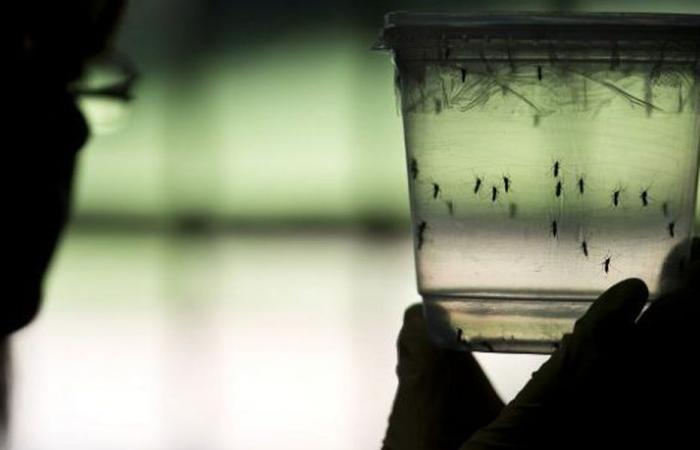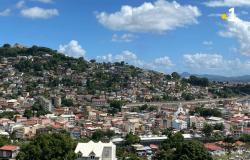
The dengue virus is spreading across the Caribbean, North and South America, with a record 12.6 million suspected cases of the virus reported this year, nearly triple the year’s number last.
According to health authorities in countries in the area, cases of dengue fever have increased globally. An increase, a consequence of global warming, itself due to climate change which allows mosquitoes to extend their range.
According to the Pan American Health Organization (PAHO), the regional office of the World Health Organization for the Americas, deaths from dengue are also on the rise, in 2024.
More than 7,700 deaths have been recorded in the Caribbean and the Americas since January 2024, an increase of more than 200%, compared to 2,467 deaths in 2023, according to these organizations.
The number of cases in the region, which includes the United States, is the highest reported since record keeping began in 1980, PAHO Director Jarbas Barbosa said at a conference in press. “This is directly linked to climatic events” he said, referring to hotter temperatures, droughts and floods. Rapid population growth, unplanned urbanization and poor sanitation have contributed to the increase in dengue.
The virus has spread around the world since last year and has spread to previously dengue-free areas, according to PAHO.
Brazil reports the highest number of dengue cases with more than 10 million, followed by Argentina with more than 580,000 and Mexico with more than half a million.
In the Caribbean, Guyana leads with more than 41,000 cases, followed by French Guiana, the Dominican Republic and Martinique.
Meanwhile, local transmission of dengue fever has been reported this year in California, Florida and Texas, according to the US Centers for Disease Control and Prevention.
There are four types of dengue virus, simply called 1, 2, 3, and 4. Having one type of virus does not provide immunity against the others.
For the first time in a decade, dengue serotype 3 predominated in Mexico, Central America and parts of the Caribbean during the second half of the year, according to Thais dos Santos, PAHO adviser on arboviral diseases.
Many infected people do not get sick, but some experience headaches, fevers and flu-like symptoms. Severe cases can cause severe bleeding, shock and death. Repeated infections can be particularly dangerous.
Dengue cases typically increase during the rainy season, but by the end of March, Puerto Rico had already declared an outbreak, with authorities warning last month that it could only be controlled if residents cooperated.
The U.S. territory has reported more than 4,900 cases and at least nine deaths so far this year. The victims include a 17-year-old girl and a 31-year-old woman.
Cases in the territory have almost quadrupled compared to last year, according to government data.
The government of Trinidad and Tobago has started fining people whose properties have become breeding grounds for mosquitoes.
This year, more than a third of cases in Costa Rica, Mexico and Paraguay have been reported in children under 15, with Guatemala reporting a high number of child deaths, the director of the OPS, Jarbas Barbosa.
Dengue vaccines have been introduced in Peru, Brazil and Argentina, and Honduras is expected to receive them next year, but they are aimed primarily at children and are most effective in those who have already been infected once with the dengue fever. dengue fever, dos Santos said.
She stressed that supplies are limited and vaccines are not expected to have a major impact on transmission. She stressed that preventative measures remain crucial. “If there are no mosquitoes, there is no dengue” she said.





